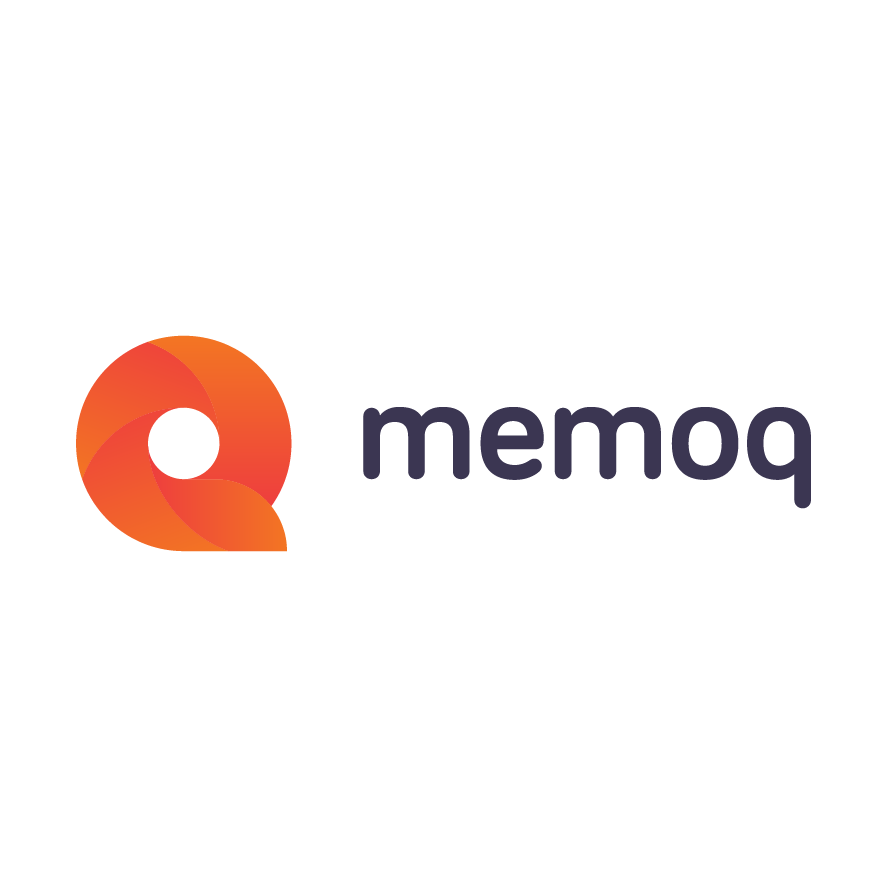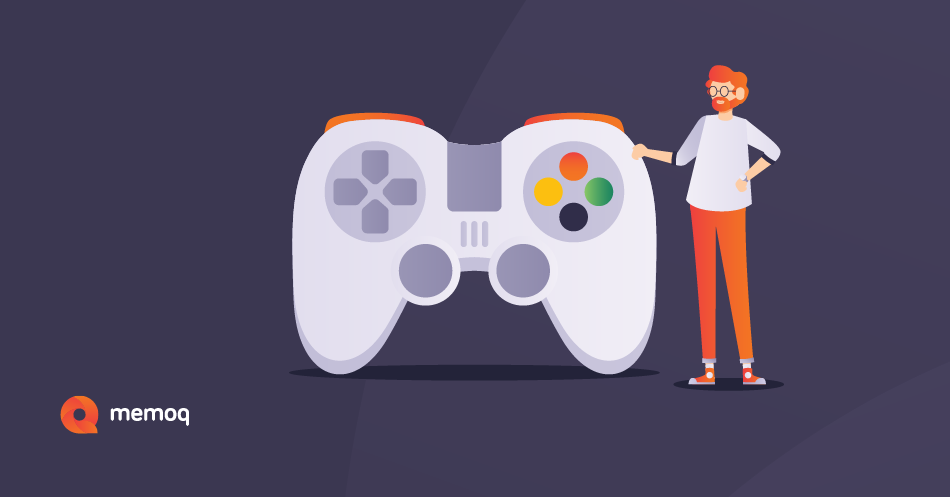Our favorite video game characters often change as the game evolves. In Sifu, each time players are defeated in combat, their characters age and become more frail. In The Last of Us, characters working outdoors in the California heat become sunburned. When such games are so vibrant and changeable, and game updates occur so frequently, it’s not surprising that the way we pay for gaming is also evolving.
Games as a Service – Subscription
Games as a Service (GaaS) is a business model based on repeat spending. Instead of gamers making a one-off purchase from a favorite title, a subscription service will typically charge a monthly fee for ongoing access to games. Over time, the games are further developed, becoming more refined and engaging. This, in turn, creates a continuous revenue stream. The COVID-19 pandemic spurred growth in this area as screen time increased for almost every demographic.
With large numbers of gamers taking part in massively multiplayer online role-playing games (MMORPG), non-subscribers risk not only losing access to a game but also missing out on social interactions. The subscription market is currently valued at an estimated USD 9.94 billion. Over the next five years, it is forecasted to reach a value of USD 15.90 billion. No one wants to be left behind.
Of course, subscription services can only succeed when communication is crystal clear. Would you pay good money to subscribe to a service that left you guessing what you were paying for? Engaging, nuanced game content localization is the key to keeping subscribers happy.
Bring Your Own Game – A Win-Win for Gamers and Gaming Companies?
Bring Your Own Game (BYOG) options enable gamers to enjoy today’s games on yesterday’s devices. NVIDIA’s ongoing success in this field sets them apart. Gamers subscribing to the NVIDIA cloud gaming service GeForce Now can play games they already own or buy new titles from their choice of store and play them on devices that may be up to a decade old. Free-to-play Battle Royale games such as Fortnite are popular BYOG choices, and ten years after its beta launch, GeForce Now runs over 1,500 games. There have been disputes along the way, for example, in 2020 Activision Blizzard withdrew its games from the service over a licensing disagreement. This year, though, Microsoft announced its intention to bring its Xbox PC Games to GeForce Now, and Microsoft’s purchase of Activision Blizzard will bring those games back under the NVIDIA umbrella.
Microtransactions = Mega-Success
How can you make money from a free product? Through microtransactions, developers generate revenue from gamers who will spend on special features or prized accessories. Fortnite, by Epic Games, offers us a lesson not only in how to monetize a game through microtransactions but also in how it’s possible to go too far. Released in 2017 in three engaging formats, Fortnite quickly became a best-seller. Fortnite Battle Royale enables up to 100 players to fight to be the last player standing. Fortnite: Save the World enables up to four players to defend themselves against hordes of zombies. Fortnite Creative gives gamers the power to build their own worlds, complete with battle arenas.
By May 2020, Fortnite had 350 million players, spending more than 3.2 billion hours in the game, and generating gross revenue in excess of USD 9 billion.
Epic Games recognized a cash cow and milked it relentlessly. The Federal Trade Commission found that the company went too far in appealing to adults and children to buy features they didn’t necessarily want or need. Epic Games received two separate fines totaling USD 520 million as a stern reminder of the importance of clear, customer-focused communication.
5G – Opening New Doors for Games as a Service
4G, the fourth-generation mobile network, defined online communication in the 2010s by freeing users from the need for physical media. 5G, its successor, takes us another major step further by adding layers of speed and reliability. Latency issues –delays in transmitting data – promise to be a thing of the past. Sharing larger files opens the door to more detailed world-building and a more immersive gaming experience. Game updates, via subscription models or microtransactions, can be made frequently, and 5G increased the capacity for data sharing eliminating the risk to gamers of having their enjoyment interrupted. 5G is a gift to both global communication and gaming enthusiasts, it’s a license to frequently enhance the gaming experience. 5G and GaaS are made for each other.
Embracing Continuous Localization in GaaS
Continuous upgrades generate continuous revenue, and they require continuous localization. memoQ enables this. The memoQ Gaming Unit assembles a dedicated team of gaming industry specialists, focused on making memoQ the translation management system of choice for game publishers.
-
memoQ TMS puts you in control of the management of fresh content, and swift localization into multiple languages.
-
memoQ sits at the heart of a tech ecosystem that includes your content management system and machine translation engine of choice.
-
Streamlined automated game localization processes save you time and deliver a consistent, quality-driven end product.
-
Translated versions of GaaS upgrades can be available at the same time as the source version and can be tested alongside it.
What Do We Mean by “Service”?
The Games as a Service model makes regular financial demands of players. Modern gamers are discerning, and they expect a seamless, immersive experience for their time and money. Winning and retaining their loyalty while having small but important mistakes in content localization can spoil their enjoyment. You need partners whose service ethic matches your own. We believe service can be defined as helping customers and partners go where they want to go and achieve what they want to achieve. Games as a Service is the gift that keeps on giving, but only if your service and your service partners can keep the customer satisfied.
Contact us today at sales@memoq.com and learn how we can help you precisely do that.

memoQ
memoQ is among the world's leading translation management systems. The favorite productivity tool for translation professionals around the globe.




